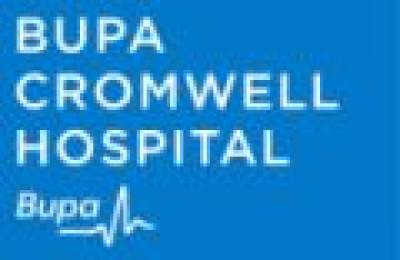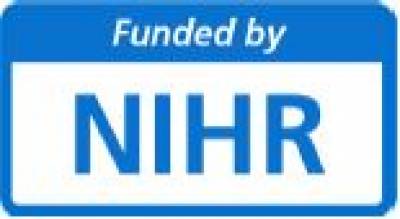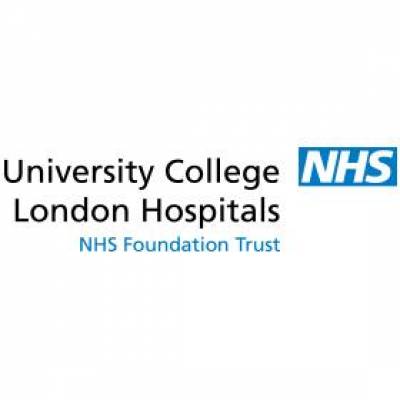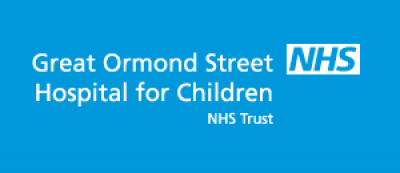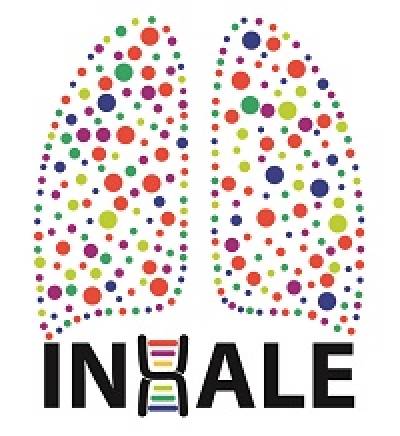Work Package 1: Clinical laboratory evaluation (Month 1-24)
- to compare the three molecular systems and to identify the best performing test in terms of pathogen- and resistance- detection
- to assess ease of operation, potential to integrate into laboratory workflow and data management, cost , speed, quality, and after-sale support.
Work Package 2: Epidemiology of the Units (Month 1-24)
- to define baseline HAP and VAP rates in the four ICUs, and the proportions of HAP/VAP patients with a pathogen identified by microbiology
- to determine and compare the types and resistance rates of HAP/VAP pathogens across the four sites
- to review overall antibiotic resistance rates in each ICU, irrespective of infection type
- to review antimicrobial prescribing in the four ICUs both generally and specifically for HAP/VAP
- to review clinical cure rates for HAP/VAP in the four units in relation to microbiological results and empirical antibiotics
- to inform selection of the molecular test to progress to WP3 and to aid design of the step-up/step-down treatment algorithm for WP3
- to collect patient-specific clinical data and scores of disease progression and severity (Sequential Organ Failure Assessment (SOFA) score, Paediatric Logistic Organ Dysfunction (PELOD-2) score)
- to inform the descriptive health economic analysis (WP 4).
Work Package 3: Randomized controlled clinical trial with internal pilot (Month 22-55)
- to develop antimicrobial-prescribing algorithms for the molecular-diagnostic test-guided arm of the RCT
- to conduct a 6-month internal pilot feasibility trial ,with 50 patients and to perform an assessment of the operation, feasibility and safety (Stage 1)
- to conduct a randomized controlled clinical trial across the four ICUs to evaluate the best-performing molecular diagnostic test, selected from WP1 results. HAP/VAP patients will be randomized 1:1 to treatment guided by the molecular diagnostic or to standard care (i.e. empirical antibiotics followed by refinement once microbiology results are available) (Stage 2)
- the trial will have co-primary outcome of "Equivalence in clinical cure of pneumonia and improvement in antimicrobial stewardship" and also will investigate potential secondary outcomes including length of ICU length , mortality, incidence of septic shock, evolution of clinical scores for 7 days after diagnosis of pneumonia, ventilator-free days, % patients on active vs. disproportionate antimicrobials at 24h, % patients on inactive antimicrobials at 24h, % patients on active and proportionate antimicrobials at 72h, % patients on narrow spectrum antimicrobials at 72h, % of patients with adverse effects associated with antibiotics e.g. Clostridium difficile infection, total antibiotic usage, % of patients that contract a secondary infection within 21 days).
Work Package 4: Behavioural study (Month 1-57)
WP4 Behavioural study (Months 1 -57)
This integrated work package aims to identify the barriers and facilitators to molecular diagnostic-guided treatment and antimicrobial prescribing from an individual and systems perspective. Diagnostic results will be linked to good prescribing by developing methods to reduce barriers and enhance facilitators.
This work package has three distinct phases as follows:
Pre-trial phase:
In the pre-trial phase, the decision making behind antibiotic prescribing for hospital and ventilator acquired pneumonia will be explored. This will be carried out using focus groups, vignette-based interviews and ecological momentary assessment methods. Based on the collective findings, prescribing support materials will be developed for use during the trial phase of the INHALE research programme.
During trial phase:
During the randomized controlled trial phase of the INHALE research programme, antibiotic prescribing and its determinants will continue to be carefully investigated in both treatment arms. Prescribing decisions that are not in alignment with the algorithm and support materials (intervention arm) or that are exceptions to normative prescribing (control arm) will be explored using vignette-based interviews and ecological momentary assessments. This will enable the identification of factors and their antecedents which are impeding or advancing the influence of molecular diagnostics on prescribing decisions. Ultimately this will enable a deeper understanding of the overall RCT findings by providing an explanation of why it fails or succeeds.
Post-trial phase:
In the post-trial phase, a national qualitative study investigating barriers and facilitators will contribute to strategies to implement a wider adoption of molecular diagnostics in the NHS.
Work package 5: Health Economic Analysis (Month 1-58)
- to collect economic data and to develop a model to inform the choice of test for the WP3 RCT, by combining information on test performance with best available evidence on costs and consequences of diagnosis and treatment
- to estimate the effects of implementing molecular diagnostics on inpatient costs from the hospital perspective.
 Close
Close



